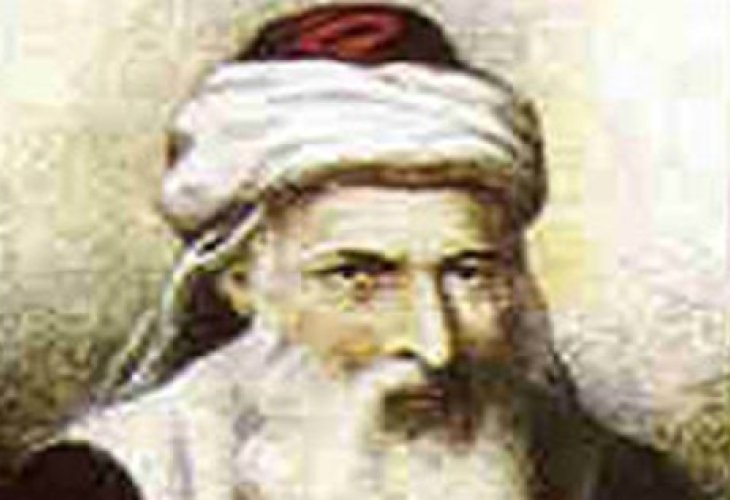Personal Stories
Whispered Truth: A Shabbat Story of the Beit Yosef and the Ari
A powerful Shabbat story about Rabbi Yosef Karo, the Ari, and how Torah efforts reach from the heart to Heaven

The worshippers in a small synagogue in the holy city of Safed were puzzled. It was usually Rabbi Yitzchak Luria, the Ari HaKadosh who lingered in deep prayer, connecting to lofty spiritual realms through kavanot (intentions) and mystical meditations. But this time, it was Rabbi Yosef Karo, known as the Beit Yosef, who was praying at great length.
Rabbi Yosef Karo is the author of the Shulchan Aruch, the foundational book of Jewish law that guides observant Jews to this day. His yahrzeit (anniversary of passing) is the 13th of Nissan. That day in shul, as he remained immersed in prayer, the Ari quietly stepped back after finishing his own prayers and motioned to his student to deliver a message.
The Ari told his attendant to whisper in the Beit Yosef’s ear: “The Mishnah in Tractate Kilayim clearly says that a donkey’s saddle cloth does not violate the prohibition of kilayim (mixing wool and linen).” The student didn’t understand the message, but he did as he was told.
As soon as the words were whispered, a visible lightness came over the Beit Yosef’s face. His prayer ended shortly afterward. Turning to the amazed worshippers, Rabbi Yosef Karo explained: “During my prayer, my heart was deeply troubled by a halachic question I had forgotten the answer to, whether a donkey’s saddle cloth presents an issue of kilayim. The Ari, through divine inspiration, reminded me of the Mishnah I had forgotten.”
This small moment revealed the deep connection between two of the greatest figures of Jewish history, the Beit Yosef, whose clarity in halachah is unmatched, and the Ari, whose spiritual insight reached into hidden realms.
Rabbi Yosef Karo’s greatness lay not only in his rulings, but in the decades of effort behind them. His Beit Yosef commentary on the Arba'ah Turim (a major halachic work) took over 20 years to write, examining every source, every opinion, and every nuance. This wasn’t dry legal work, it was Torah with heart, mind, and soul.
One night, during those years of writing, Rabbi Yosef Karo entered a study hall and quietly listened to a group of young scholars learning together. To his surprise, they were studying the exact topic he had just finished writing about that day, one that had taken him months of research and analysis.
He held his breath as they continued learning. Step by step, they worked through the sources and... reached exactly the same conclusion he had reached after months of toil.
His heart sank.
“If they reached the answer so easily,” he thought, “what is the point of me continuing? Maybe all this effort is just a waste. Maybe I should stop writing the Beit Yosef altogether.”
He quietly left the study hall with a heavy heart.
And then, once again, the Ari HaKadosh appeared to him, this time outside the shul and asked why he was so troubled. Rabbi Yosef shared what had happened, feeling defeated.
The Ari smiled and explained something that changed everything.
“There is an abundance of Torah waiting to come down from Heaven for the Jewish people,” he said. “But that blessing doesn’t come automatically. Someone has to do the work down here, examining every detail, comparing opinions, reaching decisions with integrity and dedication.”
He continued: “Because you worked so hard and toiled over this halachah with so much effort, that clarity now exists in the world. That’s why those students were able to reach the same conclusion so easily. Not despite your work but because of it. The light of your Torah spread to them.”
In that moment, Rabbi Yosef Karo understood the heavenly partnership between human effort and divine assistance. And he returned to his writing with renewed strength.
Thanks to him, and thanks to that divine message, we have the Shulchan Aruch, a clear guide that continues to illuminate Jewish life for generations.

